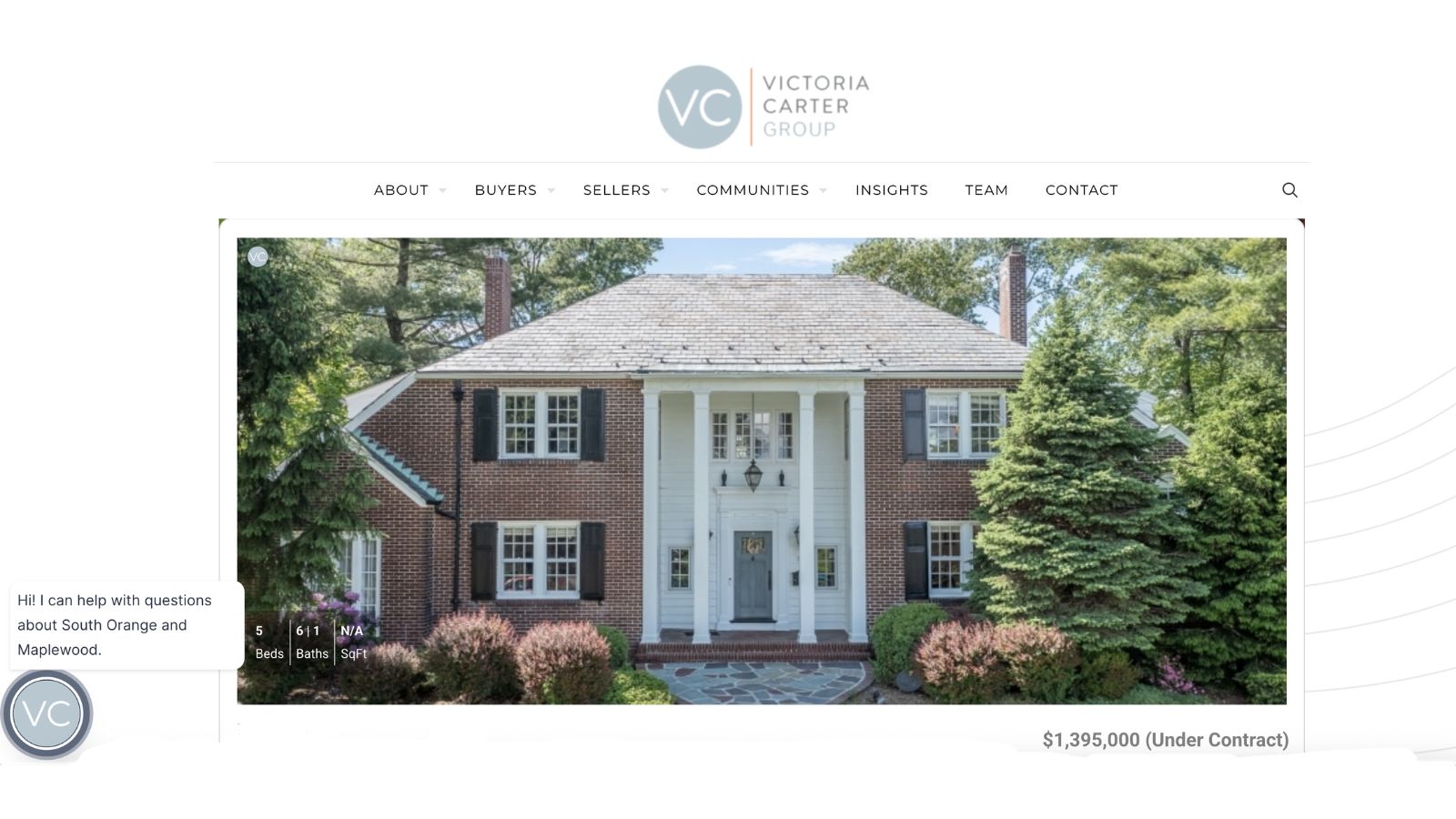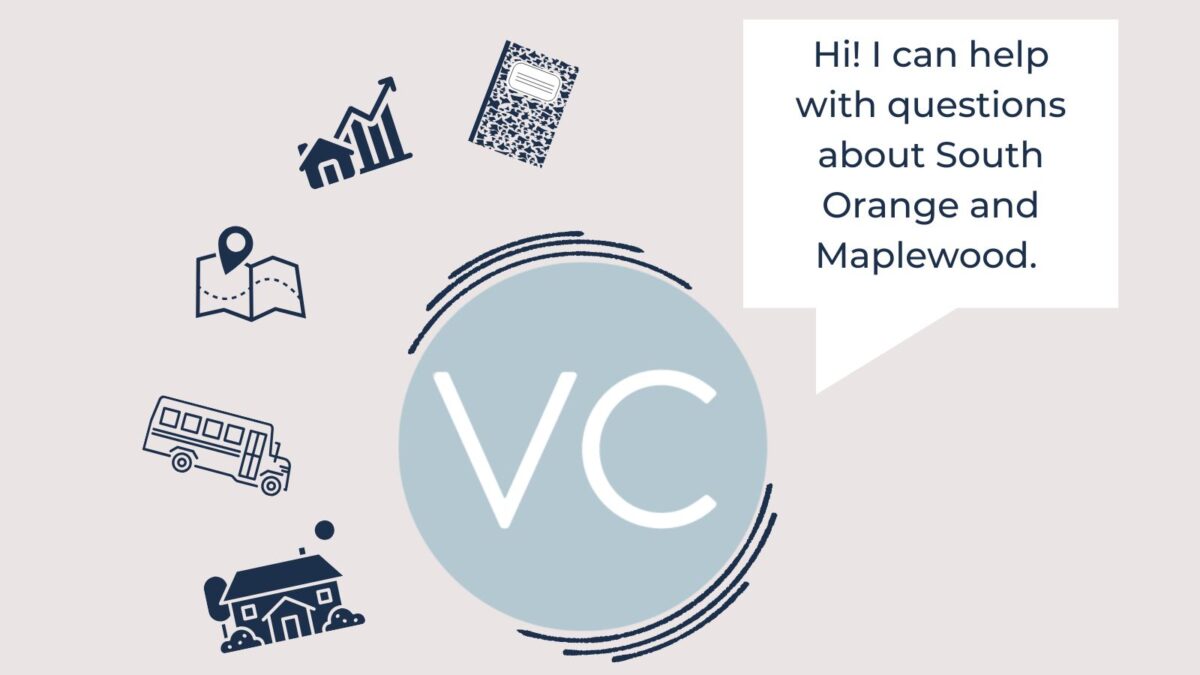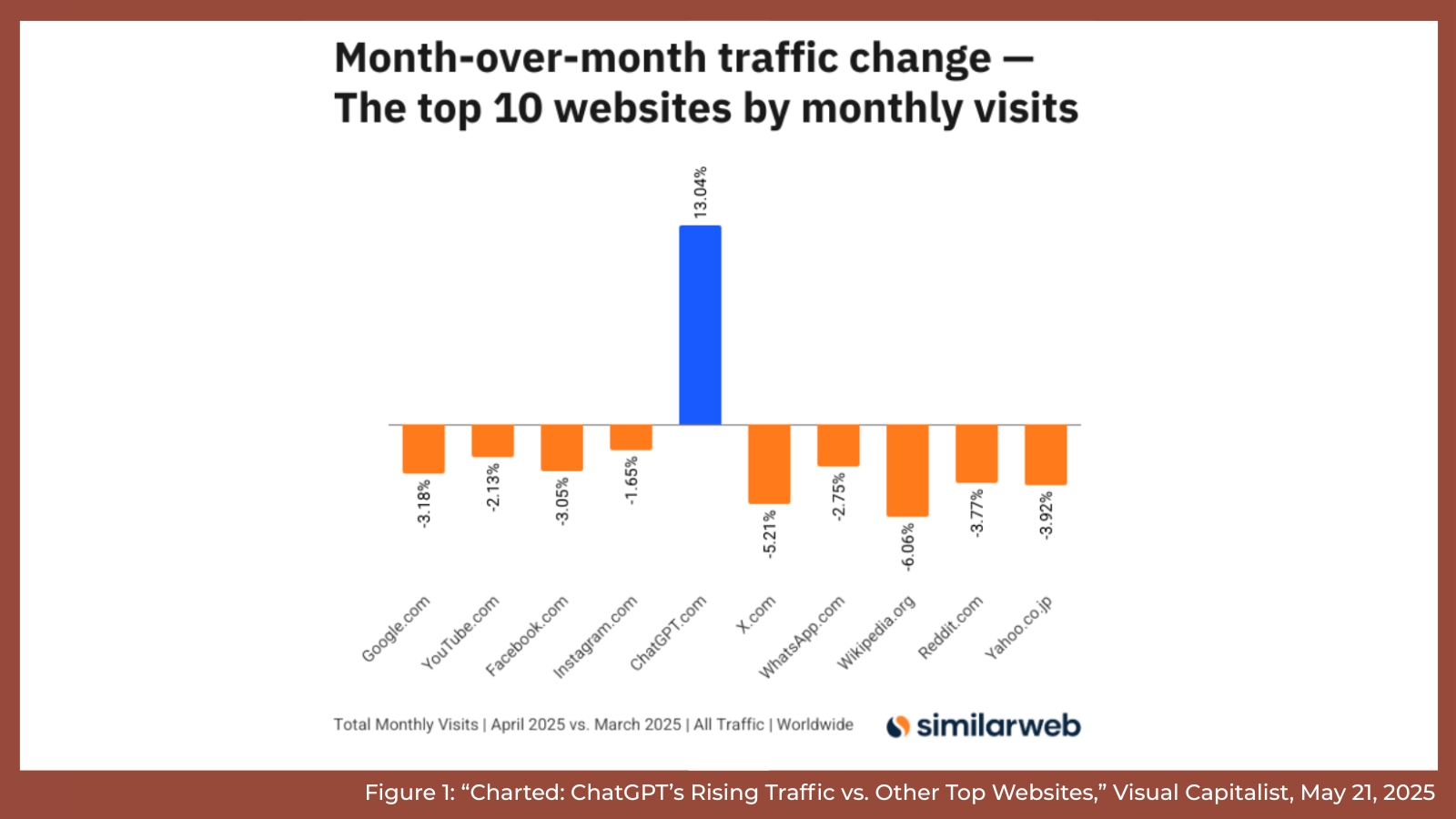
How AI is Transforming Search
June 16, 2025AI Agent Implementation Case Study by the Resourceful Business
Customer Overview
The Victoria Carter Group is an 18-member real estate team in northern New Jersey with an expansive coverage area that encompasses over 15 communities. The award-winning team consistently ranks in the Real Trends Verified annual real estate survey, has decades of experience, and manages a significant online presence.
Problem
Traditional search is changing (Figure 1). Initial data from Similarweb suggests a quickly evolving search landscape—one that is driving rising traffic to ChatGPT while traffic to other channels declines. For a real estate team, search queries, social media engagement, and digital ads drive website traffic, which in turn drives customer leads.
ChatGPT is OpenAI’s large language model (LLM), a text-based form of AI. Resourceful Business (RB) recognized that to retain market share and search visibility, the real estate team must position itself for the evolving search environment driven by LLMs.
Key Objectives
Position the Victoria Carter Group for an increasingly AI-driven search environment while retaining the team’s current high search visibility on Google.
Defend the team’s enviable website performance and lead generation success with organic search already accounting for 86% of overall website traffic.
Provide accurate, curated buyer research about South Orange and Maplewood (SOMA), two of the team’s most important markets, to potential homebuyers.
Make buyer research available 24/7 and expand to other markets beyond SOMA over time.
Train the SOMA AI Agent on accurate, local information about real estate markets and trends, home sales, school reports, Jitney schedules, and Chamber of Commerce data. Ensure the AI Agent queries the datasets provided, which should be updated regularly.
LLMs present two threats to established businesses: 1) they act as gatekeepers to traditional search, often answering consumer queries directly, and 2) they draw traffic away from search engines, such as Google. Websites optimized for Google search and ads that rely on consumers using Google search invariably have less reach.
Strategy
RB decided to deploy a SOMA-specific AI Agent on the Victoria Carter Group website, which utilizes ChatGPT as its underlying technology. RB utilized different search queries to test the AI Agent and checked the LLM query results over several weeks. The real estate team's marketing strategy for search ads, social media ads, and email campaigns remained unchanged during the same period.
Results
Before the deployment of the SOMA AI Agent, the Victoria Carter Group did not show up in many ChatGPT results. Similarly, Google AI Overviews, an AI-driven feature of Google search, did not mention the real estate team.
After the deployment, ChatGPT queries responded with the Victoria Carter Group in a listicle titled Top-Tier Teams. Google’s AI Overviews similarly listed the team among other agents. Both LLM queries directed users to Zillow, however, not the team’s website.

Knowledge Acquisition
The SOMA AI Agent transcripts continuously inform the real estate team of towns and topics of interest to potential homebuyers.
Website User Growth
Both the number of new users and user engagement spiked after deploying the SOMA AI Agent on the website. Site users also went on to visit evergreen content, such as the website blogs.
Query Complexity
Client inquiries are growing in complexity as users engage the AI Agent in areas such as town affordability, school district reports, and housing trends.
Conclusion
While it is still early days, the AI Agent deployed by RB achieved all five key objectives. Most importantly, the real estate team is positioned to retain its high search visibility and lead generation success as LLMs reshape search.
Download a PDF of the case study here.
The technology used was the AI Agent builder in Jotform.



